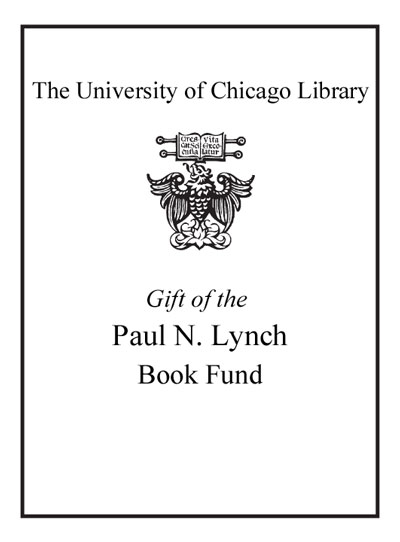Review by Choice Review
Weiss (Univ. of Cape Town, South Africa) makes a valiant attempt to defend a novel approach to linguistic meaning modeled after the Davidsonian notion of radical translation. Consequently, this book is devoted not to the construction of a theory of meaning but to the task of articulating precisely what an adequate theory must provide. Throughout, readers receive a set of well-reasoned suggestions for holding on to a number of traditional concepts in the philosophy of language. However, Weiss does not simply rehearse the standard points of view concerning these concepts but also supplements the discussion with new arguments and new insights. His informative analysis will modify readers' appreciation of both the task for philosophers of language going forward and the concepts central to achieving that task. In the end, Weiss defends the view that a robust informative theory of meaning will specify both the conditions for asserting a sentence together with the conditions under which such an assertion is defeated. For anyone interested in staying abreast of current trends in the philosophy of language, Weiss's book is indispensable. Summing Up: Essential. Upper-level undergraduates through faculty/researchers. A. L. Morton Saint Xavier University
Copyright American Library Association, used with permission.
Review by Choice Review

